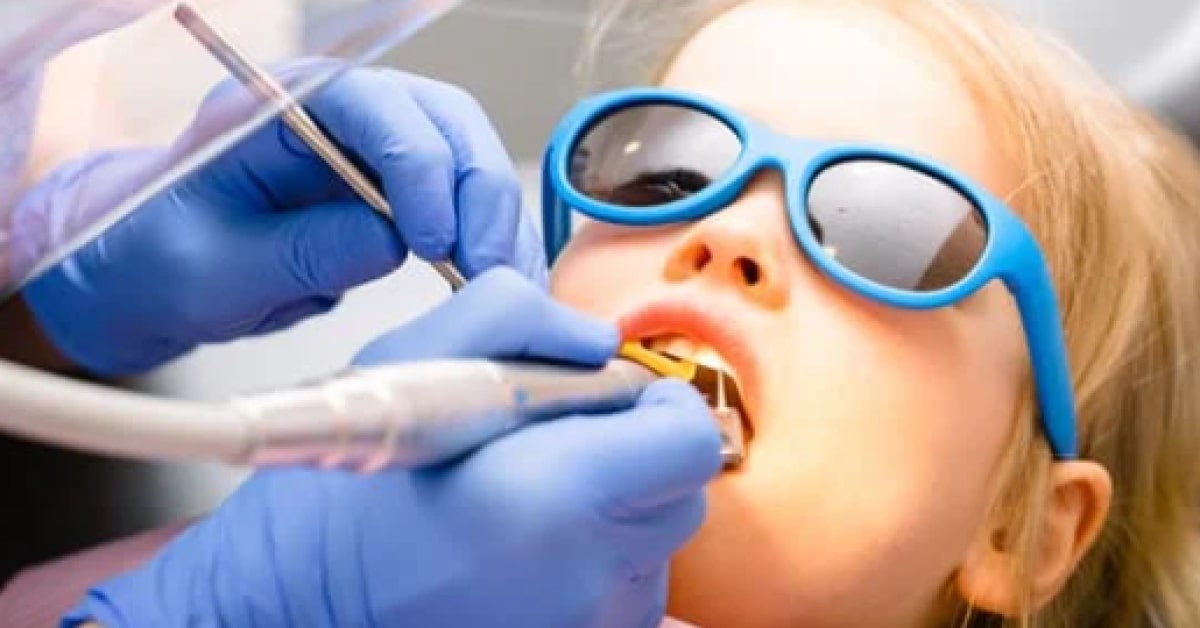Blog
December 02, 2019 • 5 min readMedicare Billing for Dentistry – Options for 2020
In 2020, dentists can make significant changes to their medical billing for dentistry, particularly billing Medicare, due to confusion on coverage and statuses.
Author

Kim Pajak
CDA, RDA

In this Article
As 2019 comes to a close, you may be thinking of changes and improvements to make in your practice in 2020. One of the most significant changes you can make is medical billing for dentistry, and particularly, billing Medicare.
Medicare is a subject often brought up in the early stages of medical billing. Medicare Part B provides some coverage for exams, CBCTs, and bone grafting, While the DME (Durable Medical Equipment) side covers oral sleep appliances. However, there is so much confusion on what you can bill, statuses like participating versus nonparticipating or opt-out, and Part B versus DME, to name a few.
The Credentialing Process For Medicare Billing For Dentistry
For Medical Services:
To become a participating provider or registered non-participating provider with Medicare, you must get credentialed. The credentialing process can take up to six months. You also have to decide if you want your CBCT scanner credentialed, which is a separate process. Then, you can start submitting claims to Medicare.
For CBCT Images:
Part B requires a unique credentialing process for your CBCT scanners. Which includes a site visit from a physicist. You also have to capture specific images and submit them to an approved Medicare third party (IAC-Intersocietal Accreditation Committee).
For DME (sleep appliances):
Getting credentialed for DME is a separate application that must also contain a $50,000 surety bond. You can obtain the surety bond from the company providing your office’s malpractice insurance.
For Surgical Services:
Medicare will only pay for bone grafting and obturators for facial reconstruction of cancer patients. They do not pay for implants, extractions, or any restorations. However, this may be part of some patients’ Medicare Advantage Plan. When billing for surgical services, Medicare requires precise note-taking.
The Billing Process
When billing DME for your sleep appliances, you must conform to Medicare guidelines for the appliance:
1. You have to have on hand all the required documentation.
2. Medicare states that the appliance must:
- Have fixed mechanical hinges.
- Have a mechanism that allows for mandible advancement in increments of 1mm or less.
- Be able to protrude the mandible beyond the front teeth when adjusted to maximum protrusion.
- Retain adjustment setting when removed from the mouth.
- Maintain the adjusted mouth position during sleep.
- Remain fixed in place during sleep to prevent dislodging.
- Not require a return visit beyond the initial 90 days for fitting and adjusting.
3. Keep in mind Medicare’s same and similar policy:
- Medicare states that if the patient had a piece of equipment that performed a similar function to another piece of equipment, they would only have coverage every five years from the date of ownership.
- If there’s a question, have the patient get a receipt from their DME supplier. The receipt will show when the same or similar device was first obtained. This period can range from 90 days to 13 months, depending on the plan and compliance.
4. Finally, you must bill out an appliance at least once a year to keep your application active and current. If you don’t bill for a year, Medicare will close your DME account.
When billing Medicare for other services, we recommend downloading an ABN form and the instruction manual that goes with it
- Complete this form with as much detail as possible for the specific treatment plan or procedure you are completing.
- This form must be done every time and cannot carry over to the next phase of treatment.
- If a patient has secondary insurance, then the ABN form creates the possibility of bypassing Medicare and billing only the secondary. If they have a supplement, it will only pay if Medicare pays.
You should base your practice decision to bill Medicare on the actual amount of Medicare patients you have and what services you are hoping to get paid for from Medicare. We recommend consulting with a billing service or an expert in Medicare when considering your options on the subject. With careful weighing of the pros and cons, Medicare billing for dentistry can be an incredible asset to your practice.



